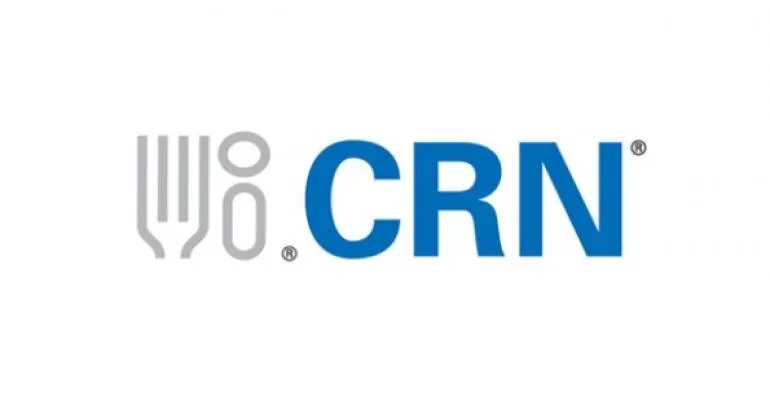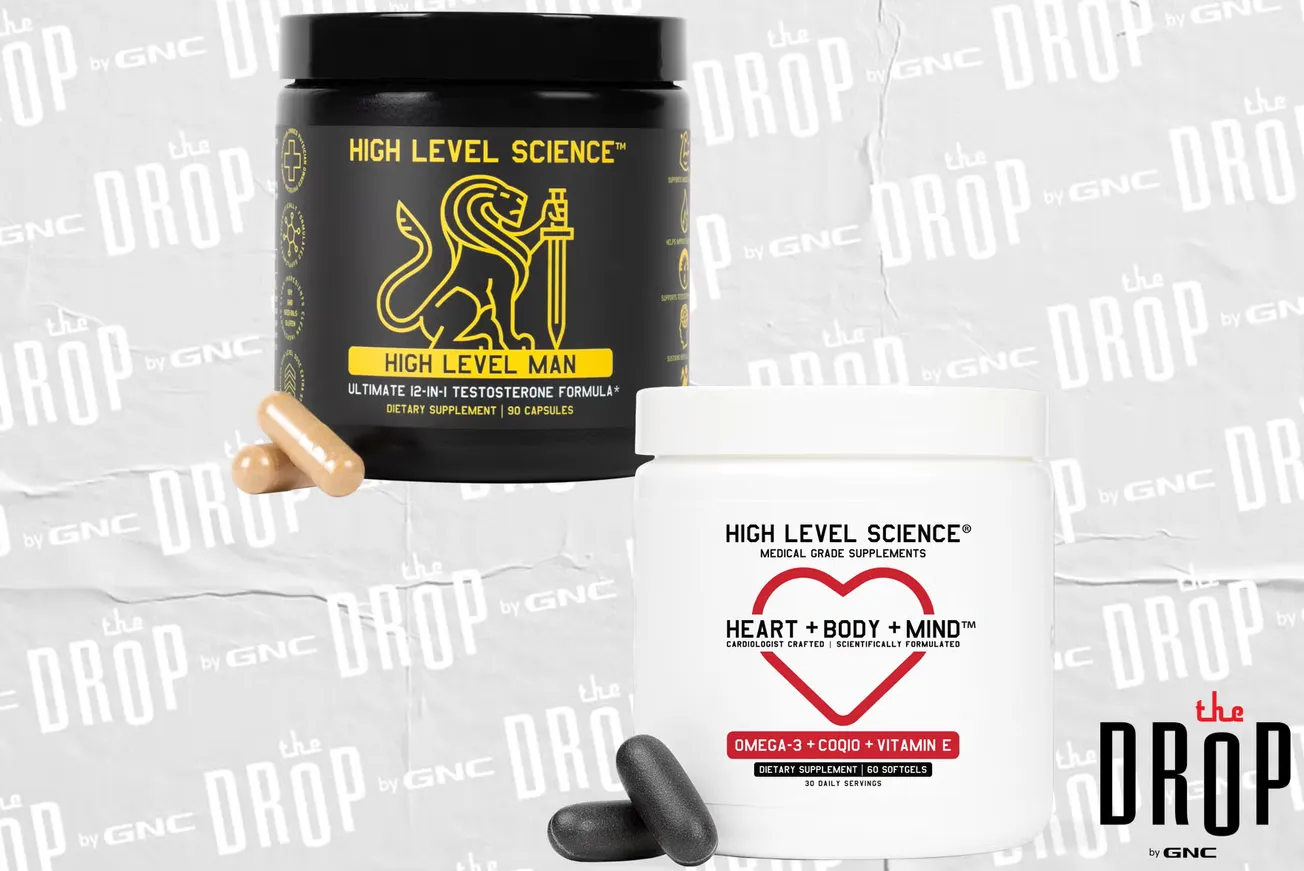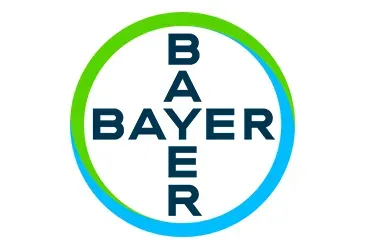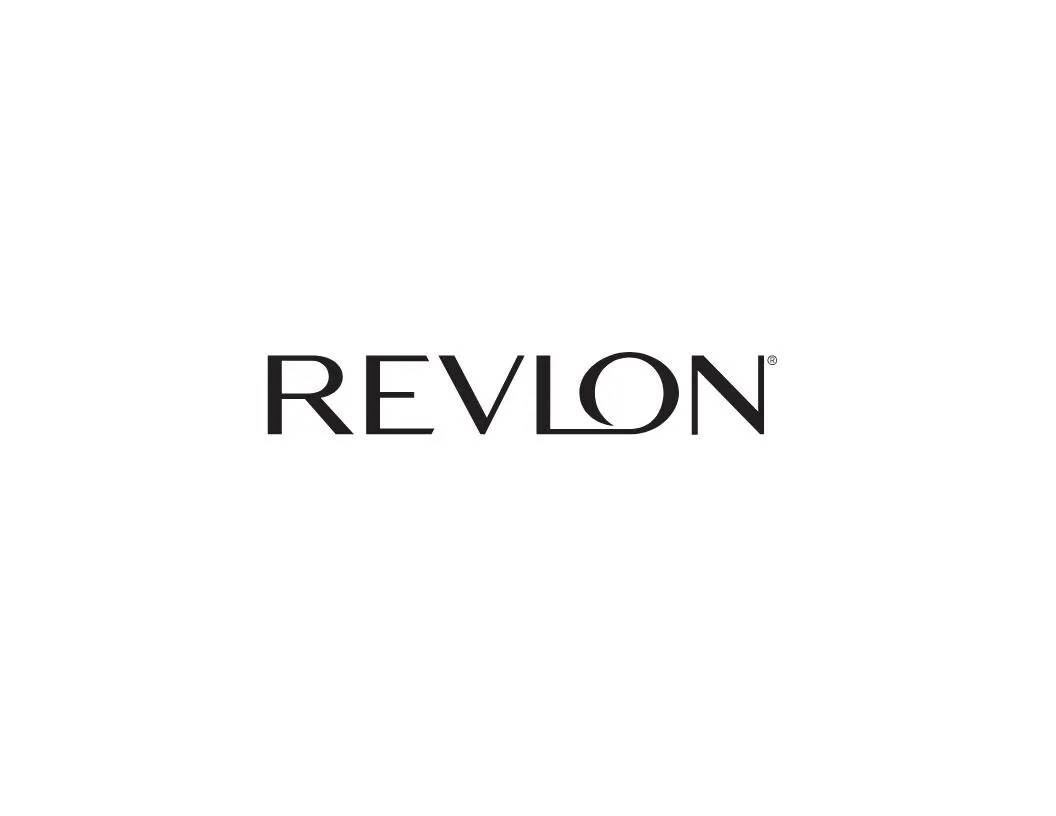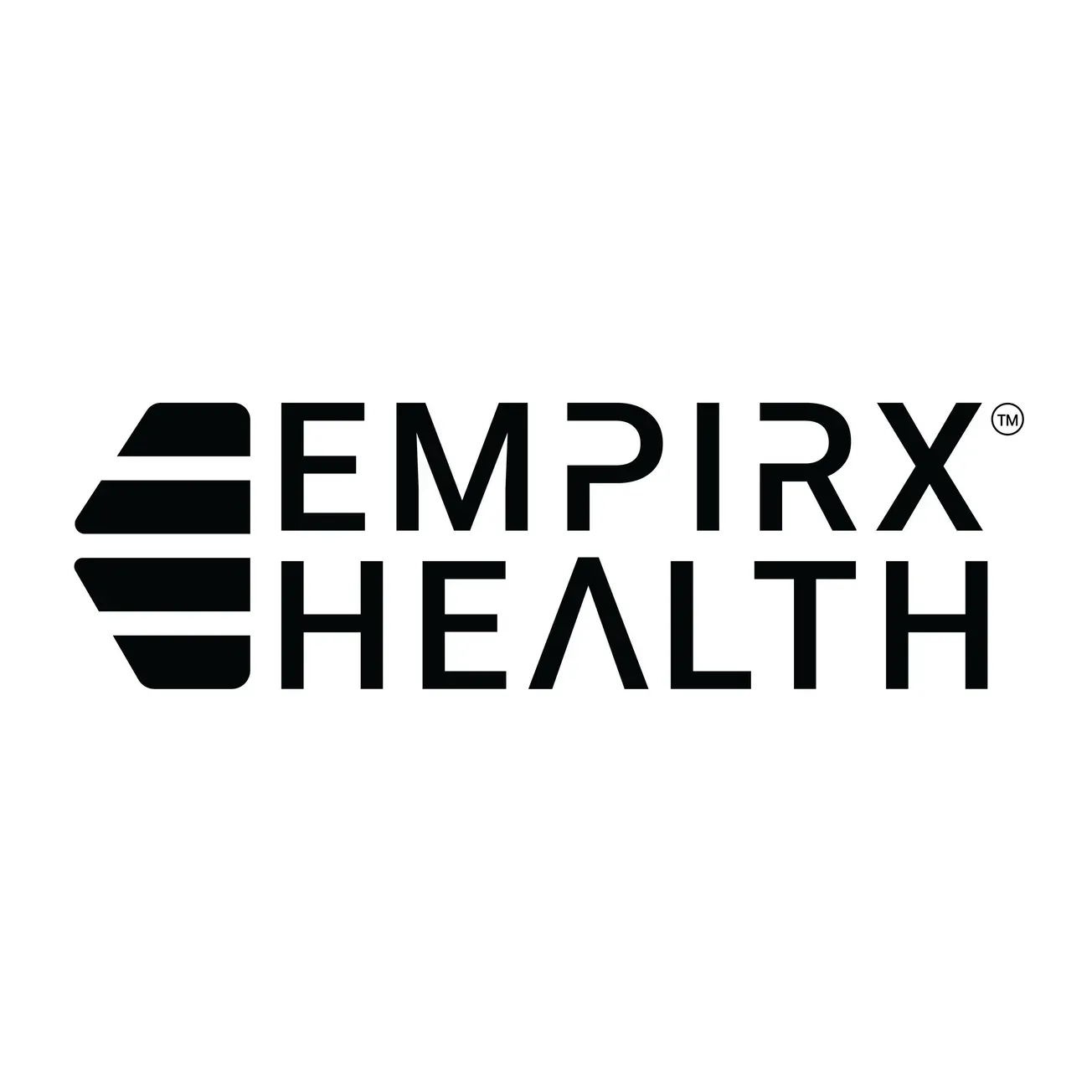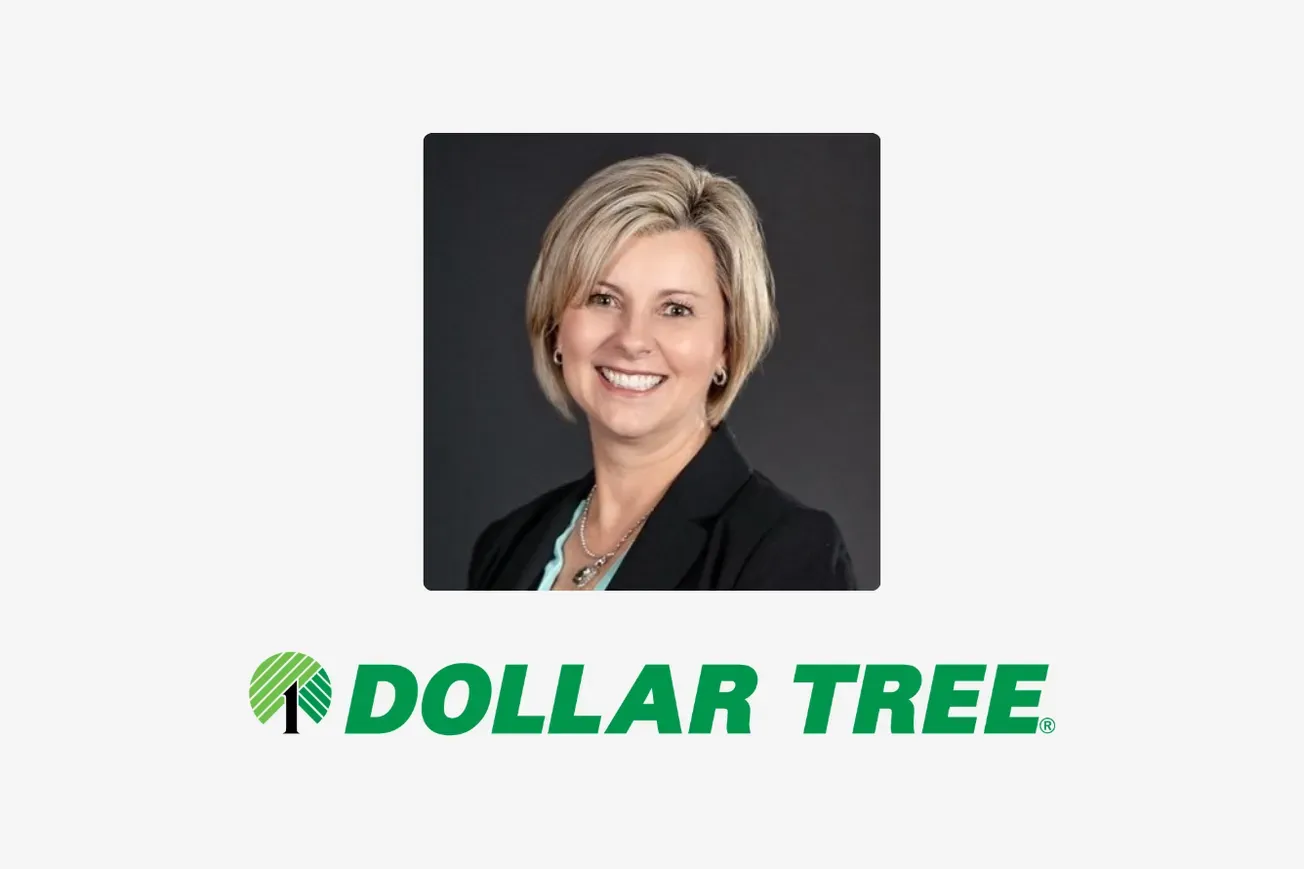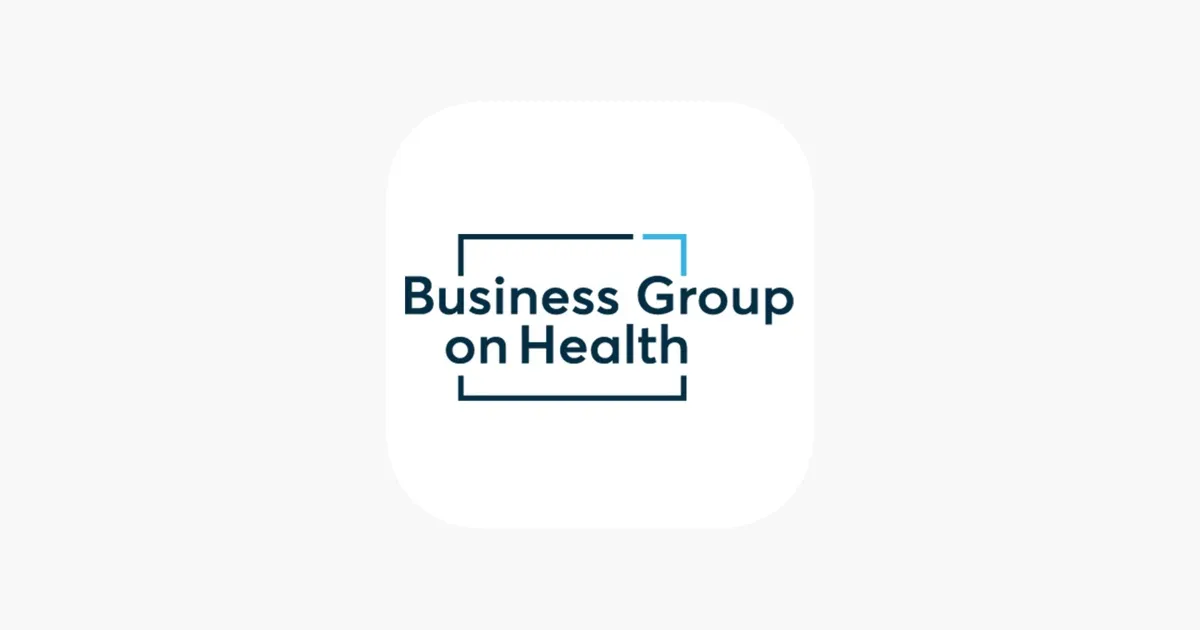WASHINGTON, D.C. — The Council for Responsible Nutrition (CRN) commends the American Journal of Clinical Nutrition and the authors of a recent study for their acknowledgment of an inadvertent error regarding heavy metal levels in prenatal vitamins. Their commitment to issuing a correction reinforces the shared goal of ensuring accurate information for the health and well-being of consumers, particularly pregnant women.
“CRN acknowledges the journal’s response to address this unintentional error by committing to remove the pre-publication version of the study from its website. Such transparency helps maintain public trust and ensures that women are not unduly alarmed by flawed interpretations of scientific data,” said Steve Mister, president and CEO of CRN. “The health of pregnant women and their babies is paramount, and it is critical that public discourse surrounding prenatal vitamins is grounded in robust, accurate science.”
The initial study, published in the American Journal of Clinical Nutrition, suggested elevated levels of heavy metals in some prenatal multivitamins, sparking undue concern among consumers. However, upon closer examination, methodological issues in the study’s analysis were identified by CRN’s Science team. This acknowledgment and the subsequent clarifications sought by CRN aimed to alleviate misplaced anxiety among pregnant women regarding the safety of their prenatal supplements. CRN's advocacy also led to the University of Colorado retracting its press release on the study, and the journal has committed to publishing a formal correction. Additionally, CRN actively sought corrections in several media outlets, including the New York Post and the New York Times, to ensure accurate reporting of this issue.
“These products are rigorously tested and formulated to comply with stringent safety standards. Consumers should feel confident in their continued use of these supplements,” added Andrea Wong, Senior Vice President, Science and Regulatory Affairs, CRN.
CRN first identified the error and notified USP, which issued a corrective statement on December 23, 2024.
As part of its mission, CRN remains committed to promoting responsible research and clear communication to support consumer confidence in dietary supplements. This incident underscores the importance of collaboration between researchers, journals, and industry stakeholders to ensure high standards of scientific integrity.

